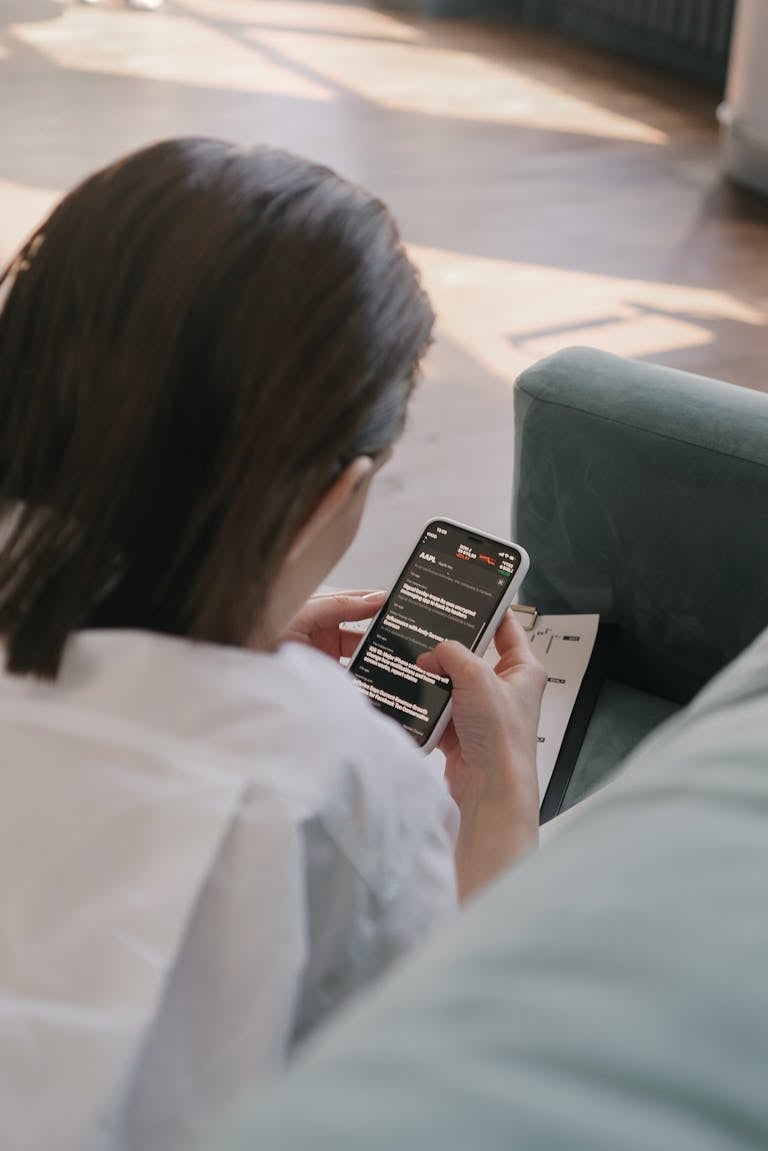In today’s fast-paced digital age, we’re constantly bombarded with notifications, emails, news updates, and endless social media feeds. While access to information has become easier than ever, the downside is a new kind of stress—information overload. This digital clutter can cloud your thinking, increase anxiety, and reduce productivity.
In this article, we’ll explore actionable strategies to help you overcome information overload, sharpen your focus, and reclaim your mental clarity.

1. What Is Information Overload?
Information overload occurs when the volume of data and inputs exceeds your brain’s processing capacity. You may feel distracted, fatigued, and unable to make decisions effectively. It’s often triggered by:
- Constant multitasking
- Endless scrolling on social media
- Frequent news consumption
- Overflowing email inboxes
- Too many open tabs or apps
Over time, this cognitive overload leads to decreased productivity, higher stress, and poor decision-making.
2. Symptoms to Watch For
You might be experiencing information overload if you regularly:
- Struggle to focus or complete tasks
- Feel mentally exhausted without physical activity
- Forget simple things or feel foggy
- Constantly jump between tabs, apps, or tasks
- Procrastinate because of overwhelm
Recognizing these signs is the first step toward regaining control.
3. Declutter Your Digital Life
Reducing digital clutter is like spring cleaning for your mind. Try these:
Unsubscribe Ruthlessly: Cut down on newsletters, promo emails, and content you no longer need. Use tools like Unroll.Me or Gmail filters.
Consolidate Sources: Instead of checking 5 different news sites, pick one trusted source and check it just once per day.
Limit Notifications: Turn off non-essential alerts on your phone and desktop. Constant pings only disrupt focus.
Organize Your Tabs: Use tools like Toby or OneTab to group open tabs and declutter your browser.
4. Set Information Boundaries
Creating intentional habits can protect your mind from digital noise:
Schedule Media Time: Don’t consume content all day. Allocate a specific time slot for reading news or browsing social media—preferably not first thing in the morning.
Practice “Input Fasting”: Take breaks from digital inputs. Try a “no screen” morning, a tech-free lunch, or a digital sunset (no screens after 8 PM).
Single-Task, Don’t Multitask: Focus on one task at a time. Use time-blocking to work in focused sessions without checking messages or switching tasks.
5. Build a Second Brain
Use digital tools not to overwhelm you, but to organize your knowledge:
Note-taking apps like Notion, Obsidian, or Evernote let you capture ideas, articles, and thoughts in one place.
Instead of keeping everything in your head or scattered across platforms, build a centralized “second brain” where everything lives.
6. Prioritize Quality Over Quantity
Shift your mindset: More information doesn’t equal better results.
Ask:
- Is this input helping me grow or distracting me?
- Is this urgent or just noise?
- Does this align with my goals?
Learn to say no to content that doesn’t serve your long-term focus.
7. Make Time for Mental Stillness
Information overload isn’t just a productivity issue—it’s also a wellness concern.
Meditation, journaling, or simply taking a walk without your phone can give your brain the space to breathe.
A clear mind isn’t just a luxury—it’s a necessity in a hyper-connected world.
Q: What causes information overload in everyday life?
A: It’s usually caused by excessive digital input—too many emails, notifications, social media, and the habit of multitasking.
Q: How do I break the habit of constantly checking my phone?
A: Use tools like screen time trackers, set app usage limits, and create phone-free zones or times throughout your day.
Q: What are the best tools for managing information intake?
A: Try Notion, Pocket, Instapaper, or OneTab to organize and limit how much content you consume.
Free Your Mind Today
Start small—unsubscribe from just one email list, turn off one notification, or take one tech-free hour. Each step reduces the noise and gives your mind the space it deserves. Try productivity tools like Notion or OneTab to help you organize, not overwhelm.

I’m EKBAL HOSSAIN MONDAL, the creator of SmartSolveTips.com — a blog dedicated to helping people improve productivity, avoid digital burnout, and live better online. With years of hands-on experience in self-development and digital wellness, I write practical tips and tools to help you stay focused and thrive in a fast-paced digital world.






